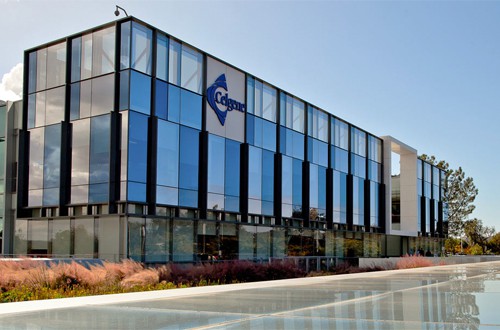
The National Institute for Health and Care Excellence (NICE) has turned down Celgene’s Vidaza to treat older people with acute myeloid leukemia (AML) in final draft guidance.
The rejection is for the use of Vidaza (azacitidine) as a treatment for newly-diagnosed AML in patients aged 65 or over who are not eligible for haematopoietic stem cell transplantation (HSCT) and have more than 30% bone marrow myeloblasts (blasts) – immature blood forming cells which are an indicator of disease severity.
NICE’s latest appraisal concluded that there was a high degree of uncertainty about the clinical efficacy of Vidaza compared to current treatments in this patient group, and so it could not be considered a cost-effective use of NHS resources.
The drug was approved by the European Medicines Agency (EMA) for this new indication last year, on the back of data showing that median overall survival (OS) was 10.4 months with Vidaza versus 6.5 months for those taking conventional treatment.
Vidaza has been funded for patients on the NHS in England since 2011 for other indications – including AML patients not eligible for HSCT with 20-30% blasts and myelodysplastic syndromes (MDS), after Celgene offered a discount to the NHS. The final draft guidance for the over 65-age group is now up for consultation and may be appealed.
According to NICE, the incremental cost-effectiveness ratio (ICER) for azacitidine was estimated to be around £240,000 per quality-adjusted life-year (QALY) in the new AML indication , which means that the drug also does not meet the requirements for inclusion in the Cancer Drugs Fund (CDF).
That verdict runs counter Celgene’s calculations, which give Vidaza an ICER of £20,000 per QALY.
Previously, the UK’s Leukaemia CARE charity has said the drug should be approved in the older patient group because the drug can provide a tolerable treatment option for patients who – on average – live just two months post diagnosis if they do not receive active treatment.
Celgene recorded sales of $590m last year, down from $611m in 2014. Generic versions of Vidaza are already on the market in the US, but are not due to reach the European market until 2019.




